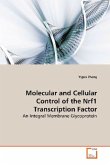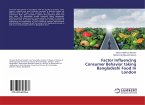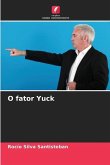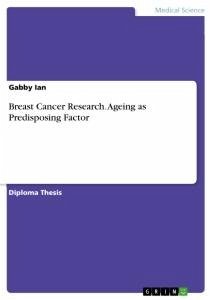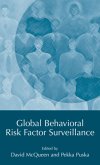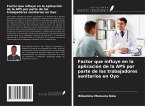The main objective of this research was to study the different ways of constructing otherness by using disgust to create a "trashed other" in the context of the years of violence in Peru (1980-2000). During this period, Peru became the battleground of a unique war: the "war from the countryside to the city" advocated by the Communist Party of Peru - Shining Path (PCP-SL), which was repressed with violence, also insane, by the armed forces, and which left the terrible aftermath of 69,280 dead. Disgust is not only a biological reaction but a cultural construct. This is the reason why the borders between what is considered disgusting or not depend on our morals, ethical perspective, perception of reality and the rules between what we consider pure and dangerous.Authoritarian discourses have played an important role in the magnitude of this episode in recent Peruvian history.
Bitte wählen Sie Ihr Anliegen aus.
Rechnungen
Retourenschein anfordern
Bestellstatus
Storno


